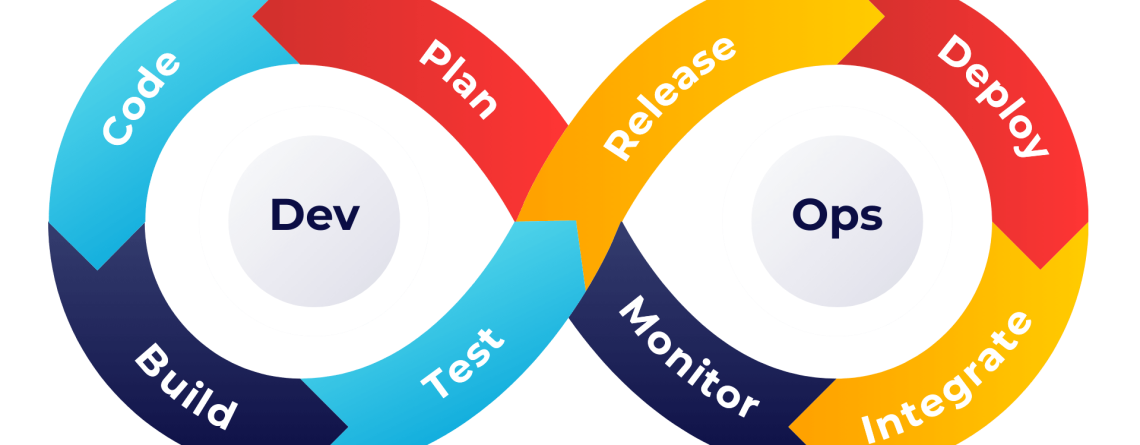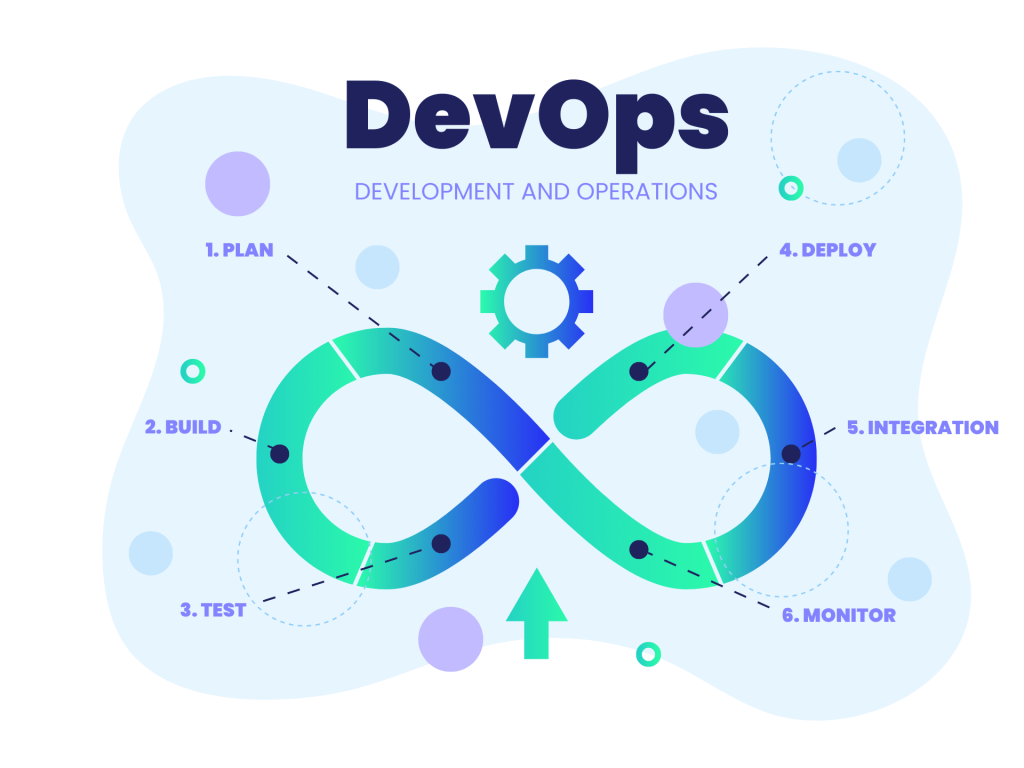Offshore DevOps Solutions
Businesses constantly seek ways to streamline operations and stay ahead of the competition. One powerful strategy that’s gaining prominence is leveraging offshore DevOps solutions. This approach promises significant cost savings and ensures a high level of expertise and efficiency in managing IT infrastructure. In this blog post, we’ll explore the benefits of offshore DevOps teams, compare dedicated teams with the PAYG (Pay-As-You-Go) model, and present compelling case studies that highlight the real-world impact of this strategy.
Why Offshore DevOps is a Game-Changer
Offshore DevOps solutions are transforming the way businesses handle their IT operations. By outsourcing these critical functions to specialized teams in different geographical locations, companies can tap into a global talent pool, reduce costs, and enhance operational efficiency. Let’s look at some key reasons why offshore DevOps is a game-changer.
First, offshore DevOps provides access to a vast pool of skilled professionals well-versed in the latest technologies and best practices. This expertise can accelerate development cycles, improve software quality, and ensure seamless integration across various platforms. Additionally, offshore teams often work around the clock, thanks to different time zones, providing quicker turnaround times and faster issue resolution.
The Benefits of Offshore DevOps Teams
Offshore DevOps teams offer numerous benefits that can help businesses stay competitive in the digital landscape. Here are some of the most notable advantages.
Cost Savings
One of the primary reasons companies opt for offshore software development is the potential for significant cost savings. Businesses can reduce their overall operational expenses by leveraging talent from countries with lower labor costs. This financial advantage enables companies to allocate resources more efficiently and invest in other critical areas.
Access to Global Talent
Offshore DevOps teams provide access to a diverse pool of skilled professionals with a wealth of knowledge and experience. This global talent pool ensures businesses can find the right expertise for their needs, whether cloud computing, automation, or continuous integration and delivery.
Enhanced Flexibility and Scalability
Offshore DevOps solutions offer unparalleled flexibility and scalability. Businesses can quickly scale their teams up or down based on project requirements, ensuring they have the right resources at the right time. This adaptability is particularly valuable for companies experiencing rapid growth or fluctuating workloads.
Dedicated Teams vs. PAYG Model for Offshore DevOps Solutions
Regarding offshore DevOps solutions, businesses typically have two main options: dedicated teams and the PAYG model. Each approach has advantages and challenges, making it essential for companies to consider their specific needs and goals carefully.
Dedicated Teams
Dedicated teams consist of a group of professionals who work exclusively for a single client. This model offers several benefits, including:
- Consistency and Reliability:
Dedicated teams develop a deep understanding of the client’s systems, processes, and goals, ensuring consistent and reliable performance. - Strong Collaboration:
Businesses can foster strong collaboration and communication with dedicated teams, leading to better alignment and more efficient workflows. - Long-Term Commitment:
Dedicated teams are ideal for long-term projects, providing stability and continuity throughout the development lifecycle.
PAYG Model
The PAYG (Pay-As-You-Go) model allows businesses to access offshore DevOps services on a flexible, on-demand basis. This approach offers several advantages:
- Cost Efficiency:
The PAYG model enables businesses to pay only for their needed services, making it a cost-effective solution for short-term projects or fluctuating workloads. - Flexibility:
With the PAYG model, companies can quickly scale their resources up or down based on project requirements, ensuring optimal resource utilization. - Rapid Deployment:
The PAYG model allows businesses to rapidly deploy additional resources as needed, ensuring that projects stay on track and within budget.
Case Studies
To illustrate the real-world impact of offshore DevOps solutions, let’s explore a few compelling case studies highlighting the benefits and successes experienced by businesses that have embraced this strategy.
Case Study 1: E-Commerce Platform
An e-commerce platform struggling with slow deployment cycles and frequent downtime turned to an offshore DevOps team to address these challenges. By leveraging the offshore team’s expertise, the company could implement continuous integration and delivery (CI/CD) pipelines, automate repetitive tasks and improve monitoring and alerting systems. As a result, the platform experienced a 50% reduction in deployment times and a significant decrease in downtime, leading to increased customer satisfaction and revenue growth.
Case Study 2: Financial Services Firm
A financial services firm facing regulatory compliance and security issues partnered with an offshore DevOps team to enhance its IT infrastructure. The offshore team implemented robust security measures automated compliance checks, and optimized the firm’s cloud infrastructure. This collaboration improved security, streamlined compliance processes, and reduced operational costs, allowing the firm to focus on delivering exceptional financial services to its clients.
Case Study 3: Healthcare Provider
A healthcare provider sought to modernize its legacy systems and improve patient care by adopting offshore DevOps solutions. The offshore team helped the provider migrate to a cloud-based infrastructure, implement automation tools, and develop a robust disaster recovery plan. These efforts increased system reliability, faster response times, and enhanced patient care, positioning the healthcare provider as an industry leader.
Conclusion
Offshore DevOps solutions are revolutionizing how businesses manage their IT infrastructure, offering a range of benefits, including cost savings, access to global talent, and enhanced flexibility. By carefully considering their specific needs and goals, companies can choose between dedicated teams and the PAYG model to find the best fit for their projects.
The success stories of various businesses highlighted in this blog post demonstrate the transformative potential of offshore DevOps solutions. By leveraging the expertise of offshore teams, companies can streamline their operations, improve efficiency, and stay competitive in the digital landscape.
If you’re ready to explore the benefits of offshore DevOps solutions for your business, we invite you to learn more about how our services can help you achieve your goals. Contact us today to get started on your journey towards a more efficient and innovative IT infrastructure.













Comments (5)
Totally agree. Advancing our game in DevOps has been game-changing for our business and clients’ satisfaction.
Offshore DevOps solutions offer scalable, cost effective strategies that enhance collaboration and accelerate deliveryempowering businesses to innovate faster.
Completely Agreed! Offshore DevOps solutions offer significant cost savings, access to a diverse talent pool, and round-the-clock operations due to varying time zones. These benefits lead to lower expenses, ongoing development, and faster project completion
Bingo! you summarized the whole blog in 2 sentences 🙂 I hope to see you here more often!
Offshore DevOps solutions provides benefits such as cost savings, access to global talent, and increased flexibility. It provides a comparison between dedicated teams and the PAYG model, helping businesses choose the right option. The case studies show how offshore DevOps can improve efficiency and operations across various industries. A concise and informative read for businesses considering offshore DevOps.